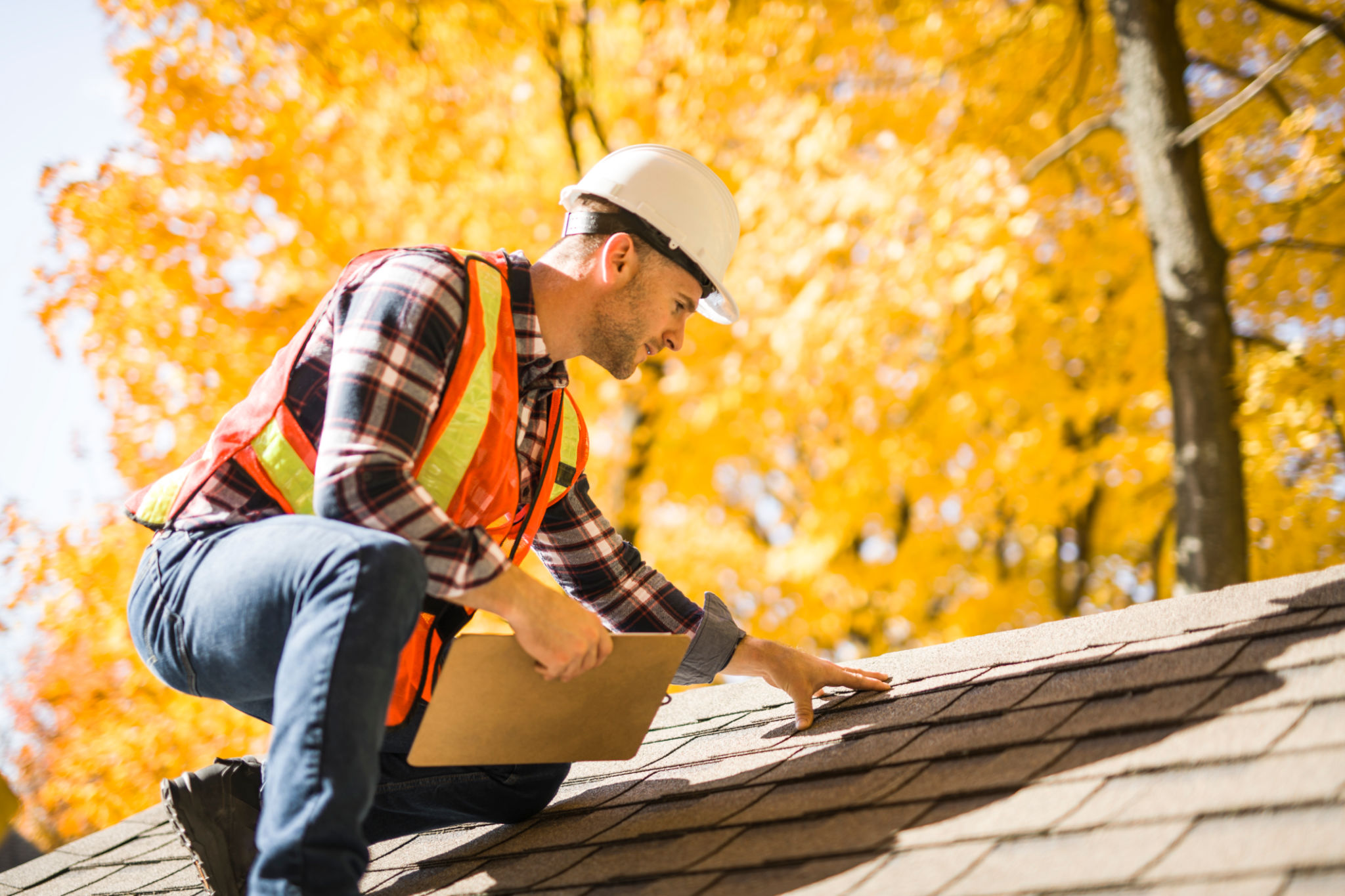DIY Tips for Basic Roof Inspections: When to Call in the Experts
Understanding the Importance of Roof Inspections
Your roof is one of the most critical components of your home, providing protection against the elements and contributing to your home's overall structural integrity. While it might seem daunting, performing a basic DIY roof inspection can help you catch potential issues early. However, knowing when to call in the experts is crucial to ensure your roof remains in top condition.

Preparing for a Roof Inspection
Before you begin your inspection, make sure you have the necessary safety equipment. A sturdy ladder, non-slip shoes, and a safety harness are essential for preventing accidents. Additionally, choose a day with good weather conditions to avoid risks associated with wet or windy environments.
Gathering the Right Tools
A pair of binoculars can be extremely helpful for inspecting hard-to-reach areas without climbing onto the roof. A camera or smartphone is also useful for documenting any issues you might find. This documentation can be valuable if you eventually need to consult with a roofing professional.
What to Look for During an Inspection
Start by inspecting the shingles. Look for signs of wear and tear, such as curling, buckling, or missing shingles, which can all indicate that your roof might need repairs. Pay attention to any granule loss on asphalt shingles, as this can signify aging or damage.

Checking for Leaks and Water Damage
Water damage is a common issue that can lead to expensive repairs if not addressed promptly. Check for signs of leaks inside your home, such as water stains on the ceiling or walls. Outside, look for areas where water might pool or where gutters are not functioning properly.
Inspecting Roof Flashing and Vents
Flashing is used to seal and protect joints on your roof from water penetration. Examine the flashing around chimneys, skylights, and vents for any cracks, rust, or damage. Properly functioning flashing is crucial in preventing leaks.

Assessing the Gutters
Inspect your gutters for any blockages or signs of wear. Clogged gutters can lead to water overflow, which may damage your roof and foundation. Ensure that downspouts are directing water away from your home’s foundation to prevent flooding and structural issues.
When to Call in the Experts
While DIY inspections are valuable, there are situations where professional expertise is necessary. If you notice extensive damage, such as widespread shingle loss or significant water infiltration, it's time to contact a roofing expert. Additionally, if you're uncomfortable with any aspect of the inspection process, prioritize safety and consult a professional.
Regular inspections and maintenance can help extend the life of your roof and save you money in the long run. By combining DIY efforts with professional assessments, you can ensure that your roof remains a reliable shield against the elements.
